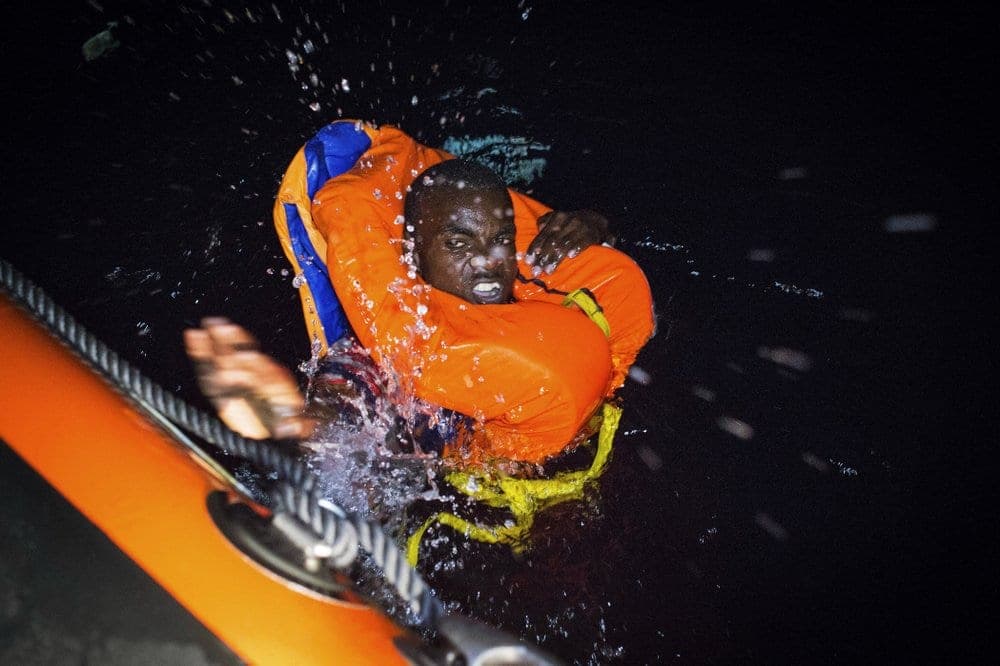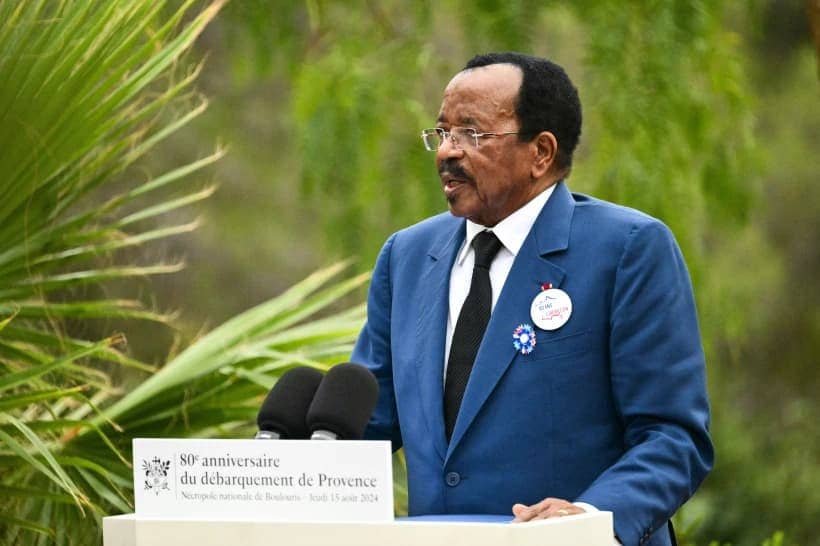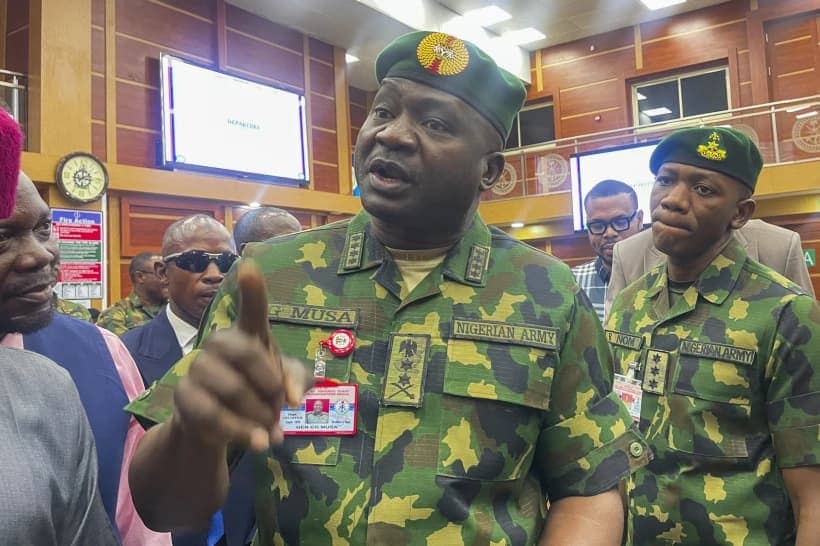YAOUNDÉ, Cameroon – Bishops in Africa say they need to work together to mitigate the risks of illegal immigration.
Members of the Episcopal Conferences of Africa and Madagascar (SECAM) met Dec. 6-9 in Abidjan, Ivory Coast, on the theme: “The sensitization of Church structures on the challenges of Migration and Human trafficking in Africa in order to respond appropriately on the basis of Theology, to human mobility.”
Church leaders said there was a need to find ways of taking a pastoral approach to the question of illegal migration, which has been hurting the African continent for several decades.
“Migration ought to be recognized not as a new phenomenon, but rather as a natural human response to different crises,” said Bishop Ignace Bessi Dogbo, the President of the bishops’ conference of Ivory Coast.
“Migration is a testimony to the innate desire and aspiration of every human being to wellbeing and a better life,” he said.
The bishop called on the Church to show solidarity with migrants, refugees and victims of human trafficking.
“The Holy Spirit will help us find an attitude of openness which enables us, in the light of theology and international accords, find pastoral responses to the challenges of migration,” Bessi Dogbo said.
He said this includes welcoming migrants, protecting them, promoting their welfare and helping them integrate.
The SECAM working group on migrants is the outcome of a meeting that was jointly organized by SECAM and the International Catholic Commission on Migration that took place Sep. 7-9, 2012 in Accra, Ghana.
Its membership consists of the Secretaries General of the eight Regional Episcopal Conferences in Africa, two officials from SECAM, a representative of Caritas Africa, a representative of the Catholic Commission on Migration, and on invitation, a representative of the African Union.
The president of the SECAM working group on migration, Father Mesmin-Prospère Massengo said reducing the risk of migration remains the way to go, and that requires a sharing of experiences.
“We would like to be less theoretical. What ought to be done is reduce the risks of illegal migration. We wish to see more collaboration amongst different churches, that is, those at the start, those in transit zones like Morocco, Lybia and Tunisia and those on arrival,” the Congolese priest said.
Massengo said resolving the problem of migration requires competences across the spectrum, noting that SECAM’s liaison office at the African Union will “share the results of its work on migrants with national decision makers and with international organizations.”
The reality of migration
African young people risk everything, including their lives, in search of a better life in Europe.
Economic hardship and worsening poverty are at the heart of the problem. And with the continent’s population set to double by 2050, the United Nations has warned that migration from Africa to Europe will get worse if something isn’t done.
Gilbert Houngbo, the president of the UN’s International Fund for Agricultural Development (IFAD), said there is need to invest in young people as a strategy to stop them leaving their homes.
He says with 60 percent of Africa’s young people living in rural areas, there is need to make the continent’s rural areas more attractive so the temptation to move away is minimized.
“If we do not take decisive action now, expect migration levels to double both within Africa and to Europe. That projection makes me very concerned and European nations and UN member states should be thinking about investing in rural transformation,” Houngbo said.
“Investment in sustainable farming is essential for the livelihoods of those in rural communities and for food security but it is not enough to engage the younger generations,” he added.
Concrete actions on the ground
The Catholic Church in Africa has been taking concrete steps to mitigate the migration crisis. Across the continent, the Church has been taking steps to dissuade young people from leaving their homelands.
In Senegal, where thousands of people flee every year in search of a better life, the Church in 2015 developed projects worth $250,000 in the outskirts of Dakar as a strategy towards keeping young people employed.
In Ivory Coast, the bishops’ conference has a program warning people about the dangers of illegal migration.
“The aim is for the parishes, which are places where many young people go, to be also places where they can have access to reliable information on the dangers linked to immigration,” said Father Célestin Ikomba, who works at the conference.
In Nigeria, the bishops have also raised their voices against illegal migration, with one bishop lamenting that the money spent to finance the average illegal journey to Europe – over $1,500 – could instead be used to invest in the country.















